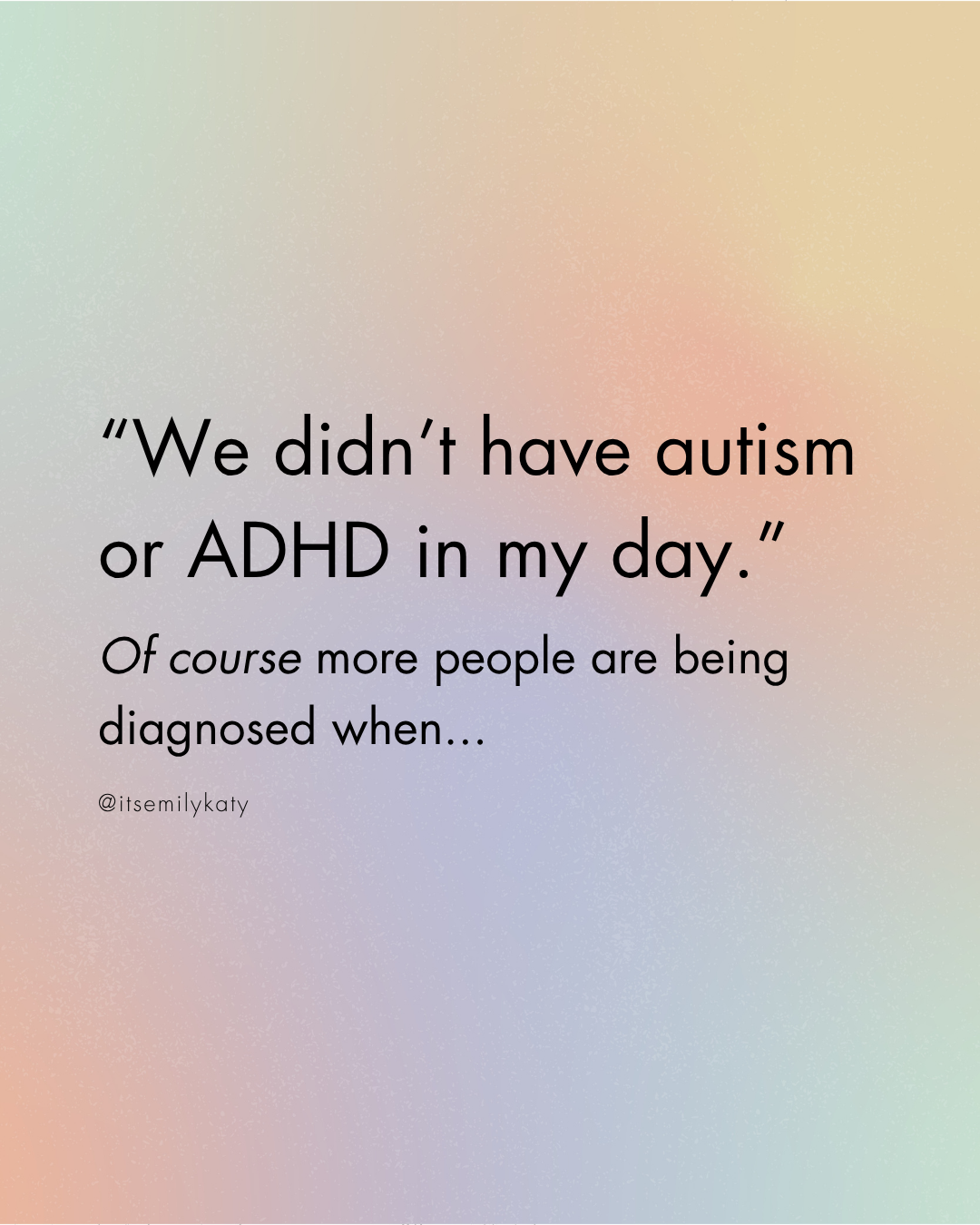What’s different?
Unlike behavior management approaches that focus on consequences or rewards, TBRI looks deeper. It’s grounded in attachment theory, neuroscience and real-life experience. It values structure but always in the context of relationship.
People don’t change because they’re told to.
They change when they feel seen.
When they feel safe.
When they trust the person guiding them.
Conclusion
TBRI isn’t a quick fix. It takes patience, presence and sometimes a shift in mindset. But it works—because it meets people where they are, not where we wish they were.
References:
Purvis, K. B., Cross, D. R., Dansereau, D. F., & Parris, S. R. (2013). Trust-Based Relational Intervention (TBRI): A Systemic Approach to Complex Developmental Trauma. Child & Youth Services, 34(4), 360–386.










